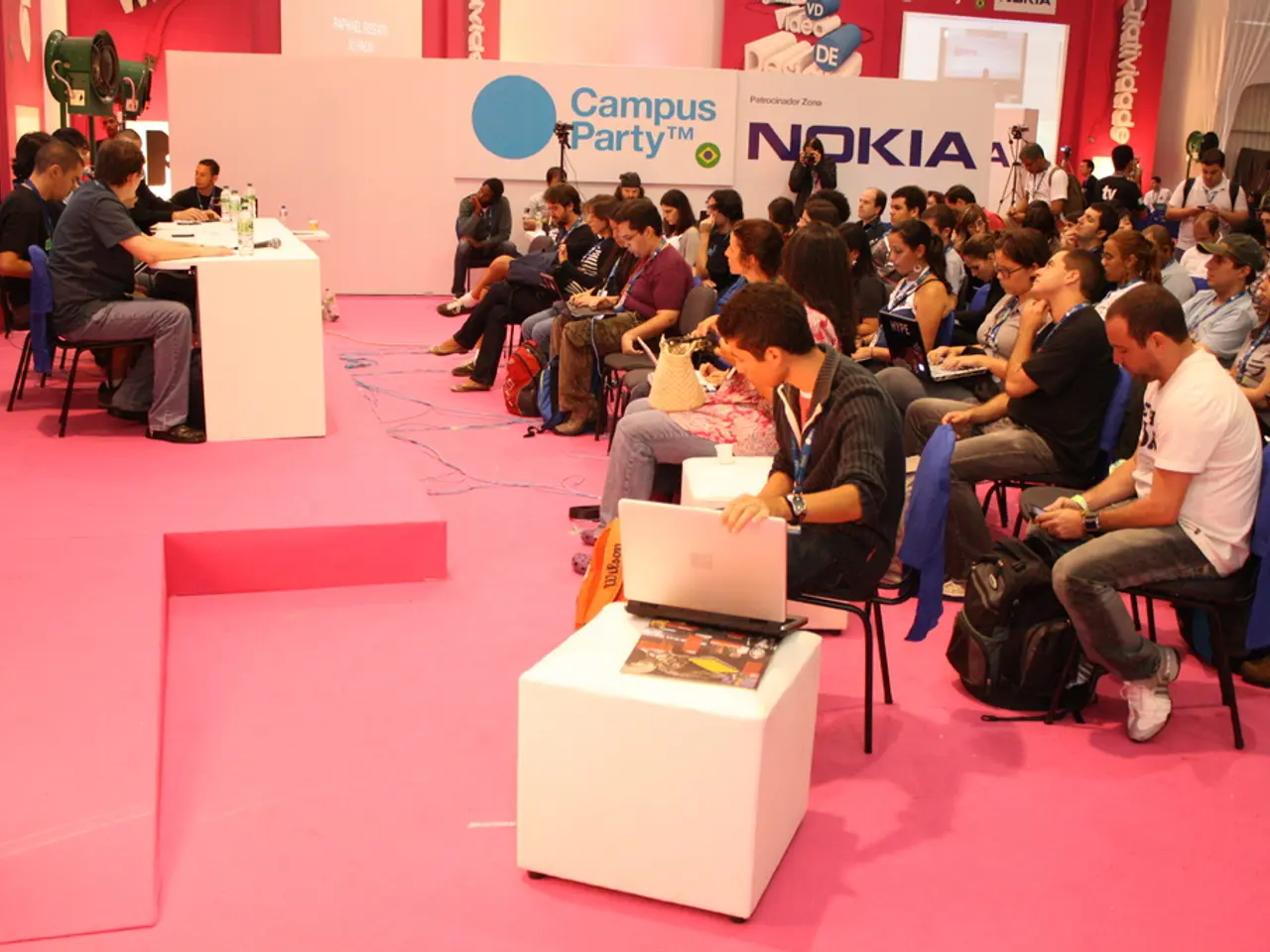Collaborative Methods in Climate Change Negotiations
Christiana Figueres, a former Executive Secretary of the UN Framework Convention on Climate Change (UNFCCC) and one of the architects of the 2015 Paris Climate Agreement, has been honoured with the Program on Negotiation's (PON) 2022 Great Negotiator Award. Figueres' approach to global agreement through collective leadership and momentum building offers valuable insights for students of negotiation.
In her interview with PON professors Jim Sebenius and Hannah Riley Bowles, Figueres emphasised the critical role of collective leadership and momentum building in achieving a successful global climate agreement. She underscored that no single country or leader could drive the complex, multilateral negotiation process alone; instead, it required coordinated efforts among diverse stakeholders, including governments, civil society, and the private sector, to build shared commitment and trust over time [1].
Figueres highlighted how sustained collective action and the ability to harness incremental progress were essential for overcoming obstacles and maintaining the negotiation momentum that culminated in the Paris Agreement. She framed negotiation as a long-term process involving continuous engagement and adaptability, where building trust and finding common ground were central to uniting parties with differing interests toward a common goal [1].
This approach of emphasising inclusiveness, shared ownership, and persistent forward movement reflects key insights on how global challenges can be addressed through negotiation efforts that foster collective leadership rather than relying solely on individual actors. These principles were instrumental in securing broad international consensus in climate negotiations, according to her award recognition by PON [1].
The Teaching Negotiation Resource Center (TNRC) offers a wide range of effective teaching materials for negotiation studies. These include over 250 negotiation exercises and role-play simulations, more than 100 books on negotiation and conflict management, and critical case studies for in-depth analysis. TNRC's negotiation exercises introduce participants to new negotiation and dispute resolution tools, techniques, and strategies. The centre also offers teaching materials for negotiating collective bargaining agreements, identity and values-based disputes, and an international business acquisition online simulation.
TNRC's videos, books, case studies, and periodicals are used to introduce students to key concepts while addressing the theory and practice of negotiation and conflict management. These resources are used in college classroom settings, corporate training, mediation, and individual skill enhancement.
Figueres' discussion of her approach during the public interview with PON professors highlighted the importance of collective leadership in getting the Parties to an agreement. Her actions included discussions with private industry groups, repeated talks with the Saudi government, and Operation Groundswell, a behind-the-scenes effort to build support for an ambitious outcome.
The negotiation process for the Paris Agreement was not just the two-week conference in Paris, but a years-long series of actions taken by Figueres and others. This long-term approach, focusing on continuous engagement and adaptability, proved crucial in securing the unanimous adoption of the Paris Agreement by 196 participating nations.
References: [1] Program on Negotiation, 2022. Christiana Figueres, Great Negotiator Award Interview. [online] Available at: https://www.pon.harvard.edu/news/christiana-figueres-great-negotiator-award-interview [Accessed 10 April 2023].
- Christiana Figueres, the former UNFCCC Executive Secretary and Paris Climate Agreement architect, highlighted the significance of collective leadership in achieving global agreements during her interview with PON professors.
- To build shared commitment and trust, Figueres emphasized the need for a long-term process involving continuous engagement and adaptability in negotiations.
- The Teaching Negotiation Resource Center (TNRC) offers effective resources for negotiation studies, including role-play simulations, books, and case studies, which introduce participants to new techniques and strategies for dispute resolution.
- TNRC's resources are utilized in college classrooms, corporate training, mediation, and individual skill enhancement, aiming to address key concepts in negotiation and conflict management.
- Figueres' approach to negotiations included discussions with private sector groups, negotiations with the Saudi government, and Operation Groundswell, a behind-the-scenes effort to build support for an ambitious outcome.
- Figueres' long-term approach, focusing on continuous engagement and adaptability, proved crucial in securing unanimous adoption of the Paris Agreement by 196 participating nations, thus highlighting the importance of leadership in environmental-science and business contexts for resolving complex global disputes.




